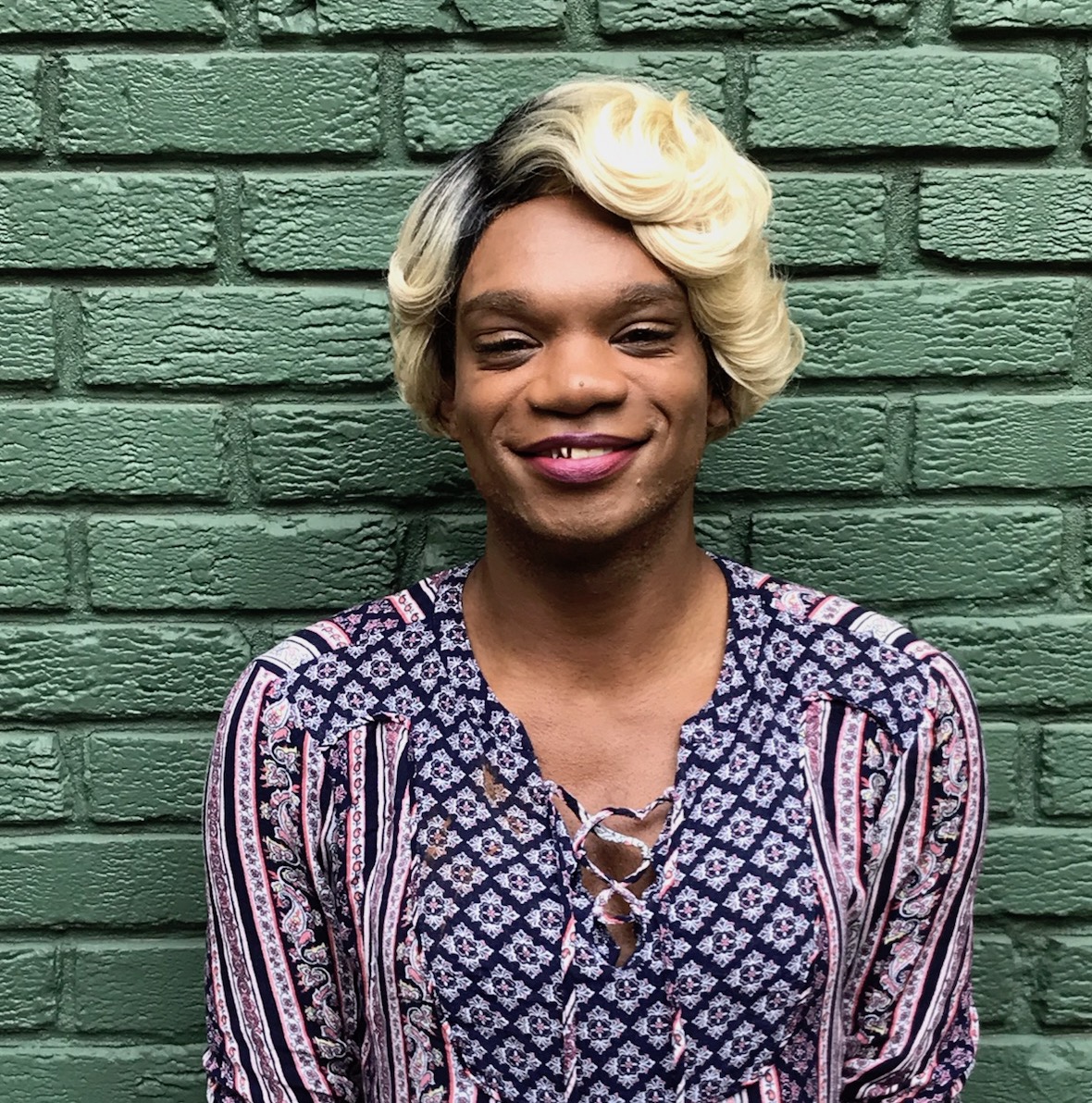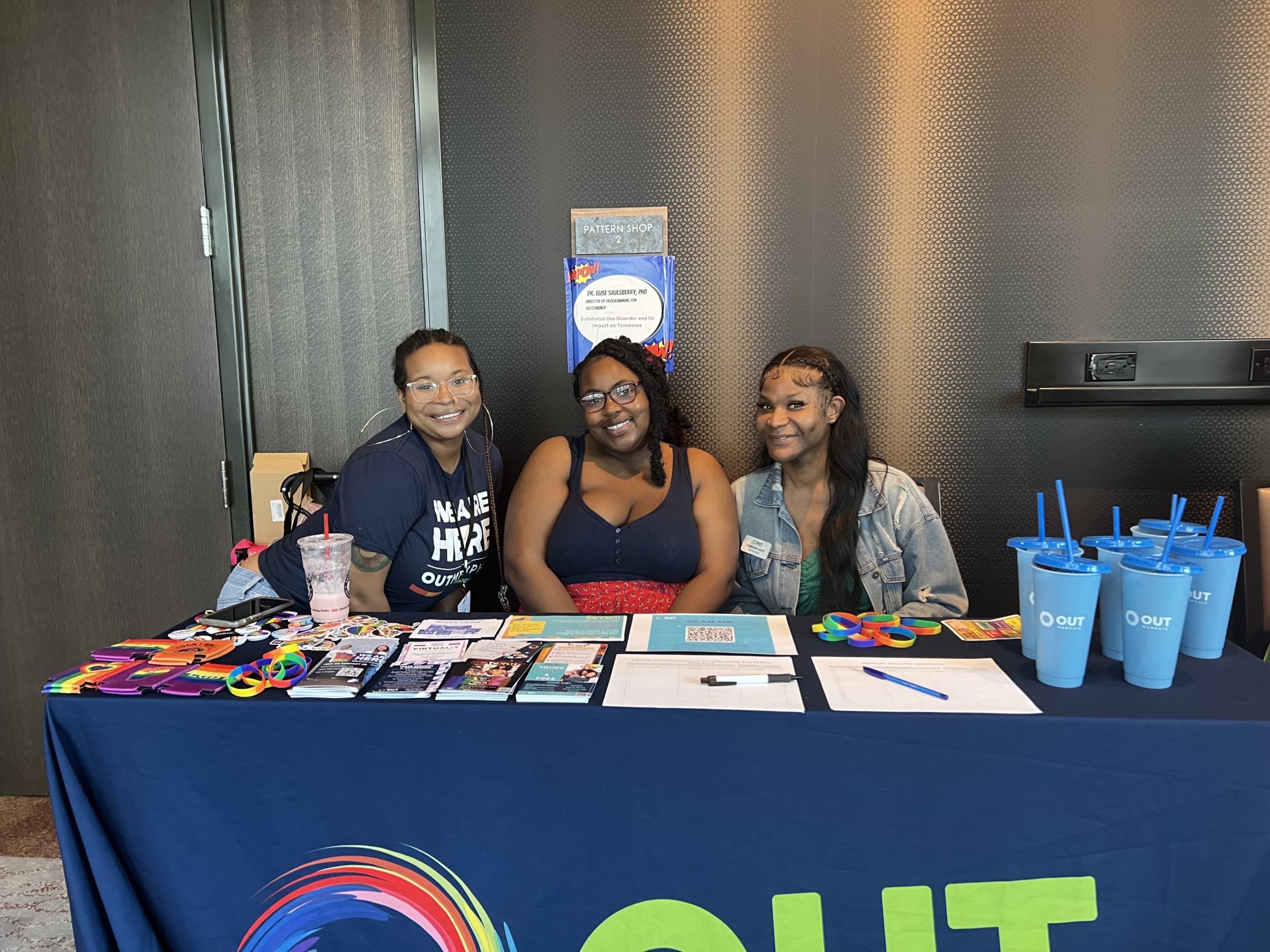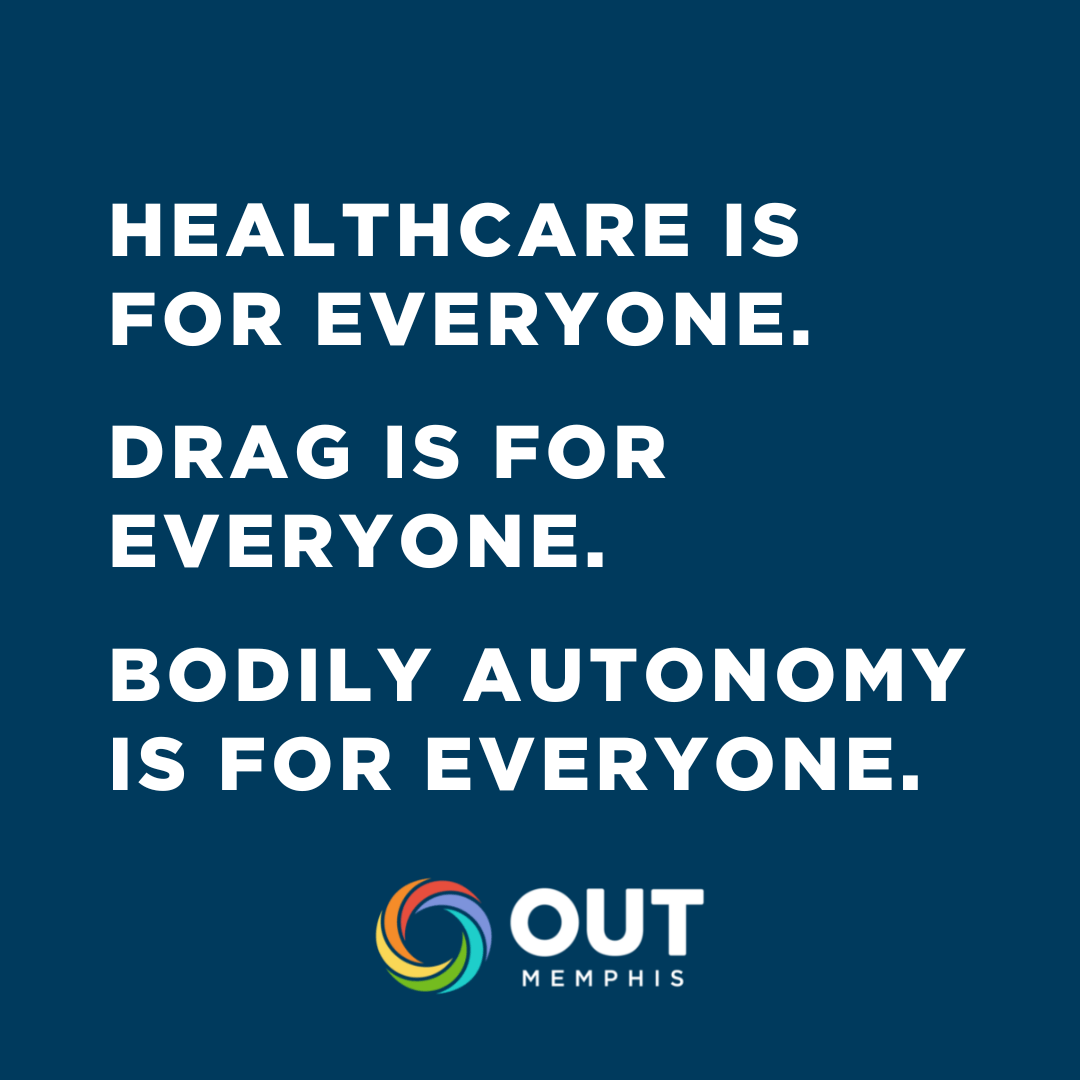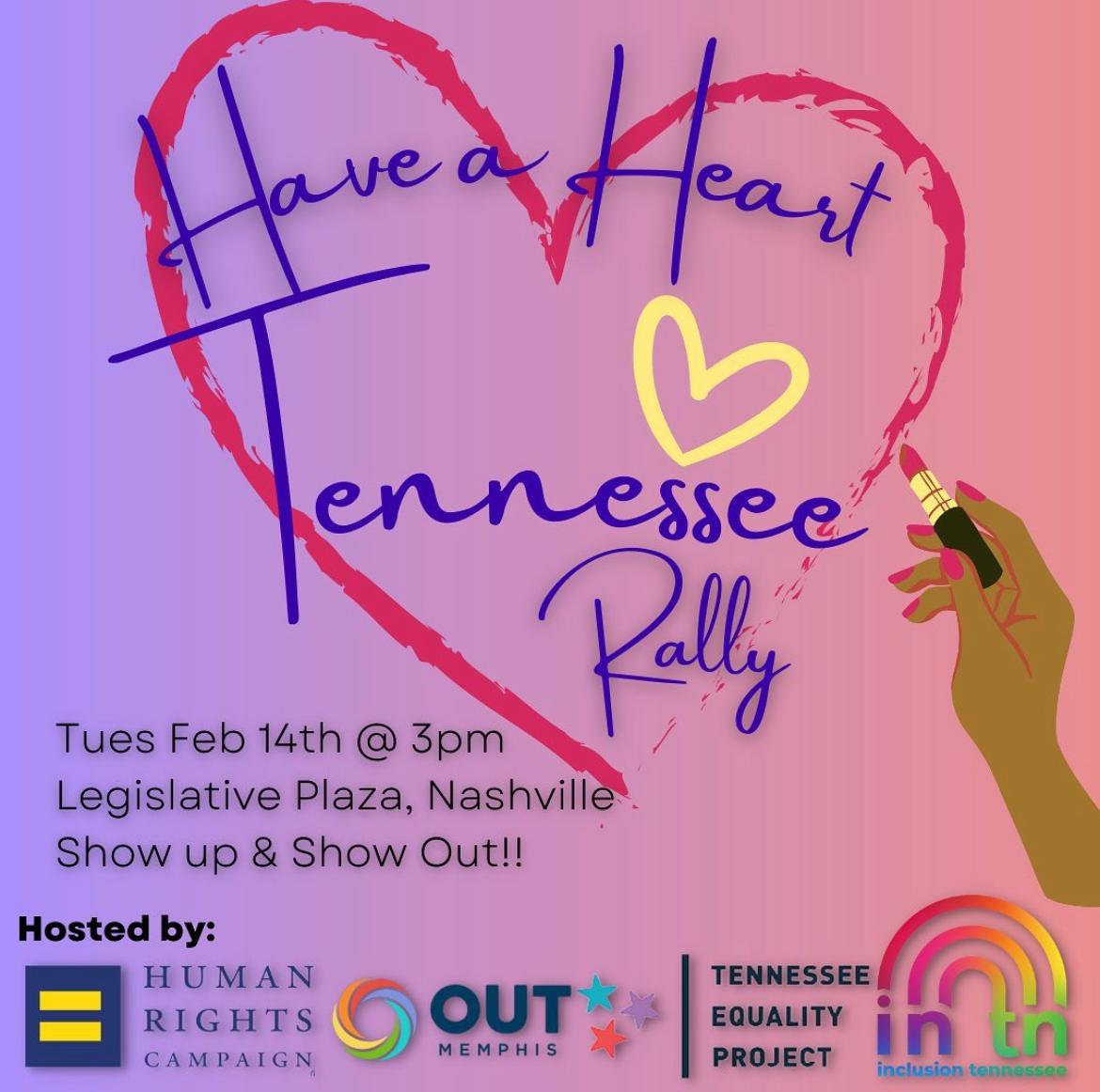
OUTMemphis condemns in the strongest possible terms the announcement from HUD Wednesday afternoon a proposal to allow federally funded homeless shelters to consider sex and gender identity in accommodating or allowing admission. This rule challenges Obama’s Equal Access Rule. Since 2017, OUTMemphis has worked with the U.S. Department of Housing and Urban Development to provide one year of full rental assistance to qualifying clients (LGBTQ youth between 18-24) in accompaniment with our wrap-around case management, transportation help, workshops, and community. In January 2020, OUTMemphis will open the doors of the Metamorphosis Project Youth Emergency Center, a shelter and drop-in center, for youth under 25.

Tasha Mack, Transgender Services Specialist at OUTMemphis, says:
“If they gut out the protections for trans people, where are they supposed to go to find shelter? We are already looked at different. We should be enhancing the protection rule instead of gutting it out.”

Molly Quinn, Executive Director at OUTMemphis says:
“We at OUTMemphis know that the “choice” to live openly as a trans person is no choice at all. For our trans family seeking housing assistance – 1 in 5 on the national level – being forced to choose between a safe place to live and a safe place to freely express identity is a violation of basic human rights. Providers of health or housing services who deny trans individuals access will be directly exposing vulnerable Americans to violence, harassment, risk of death or assault, and humiliation. As a HUD funded housing provider, we proudly lead Memphis in delivering housing assistance to trans youth in the region. We also proudly support other housing service organizations across Memphis through training and education so that all those who seek shelter will receive it: affirmed, protected, and celebrated. We also know that transgender individuals experiencing homelessness are at much, much higher risk than their cisgender peers for exposure to violence, substance abuse, HIV risks, unemployment issues, mental health risks, police brutality, and murder. These risks increase even more significantly for transgender people of color living in the South… which means for Memphis, this is personal.”


